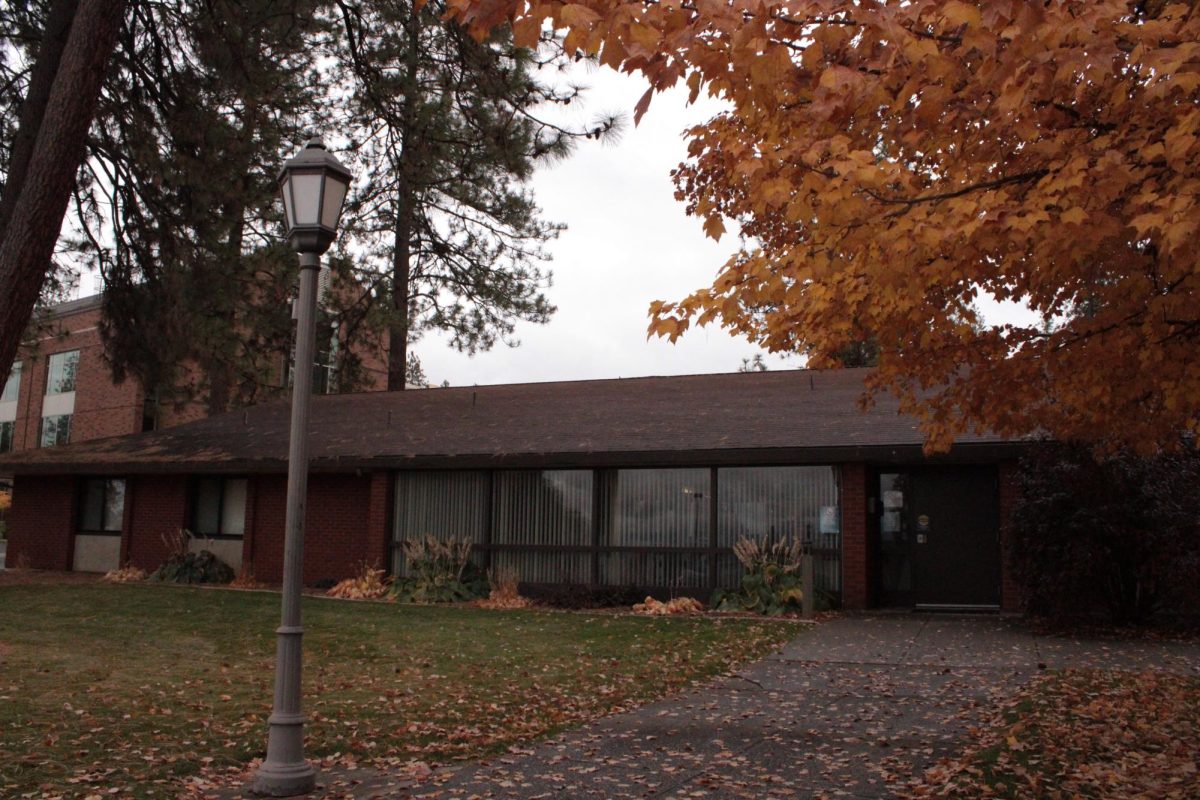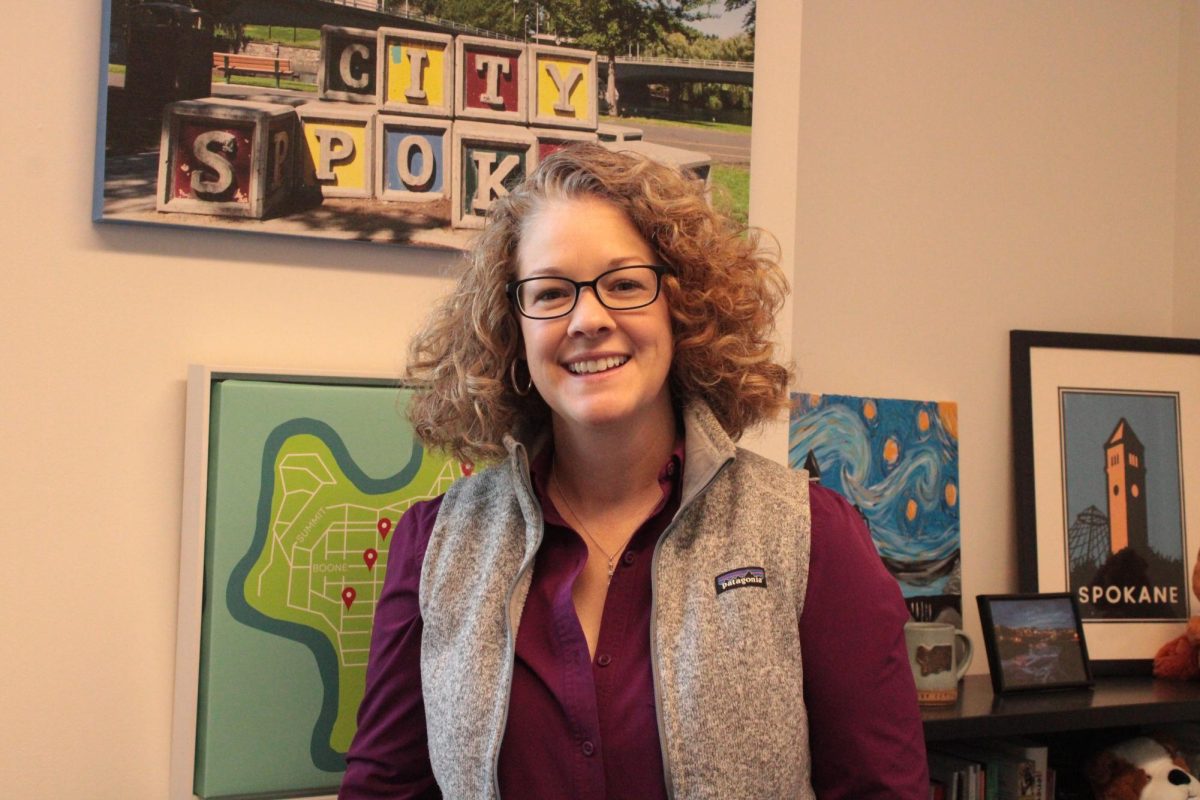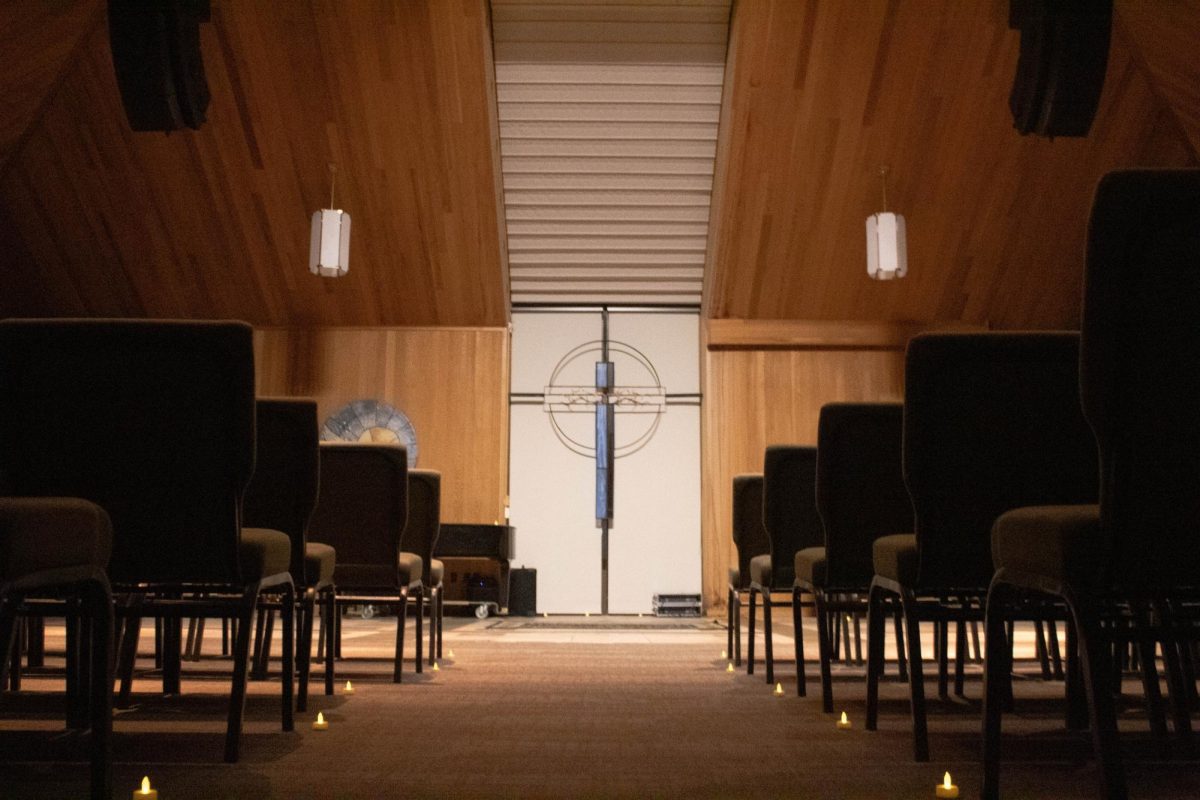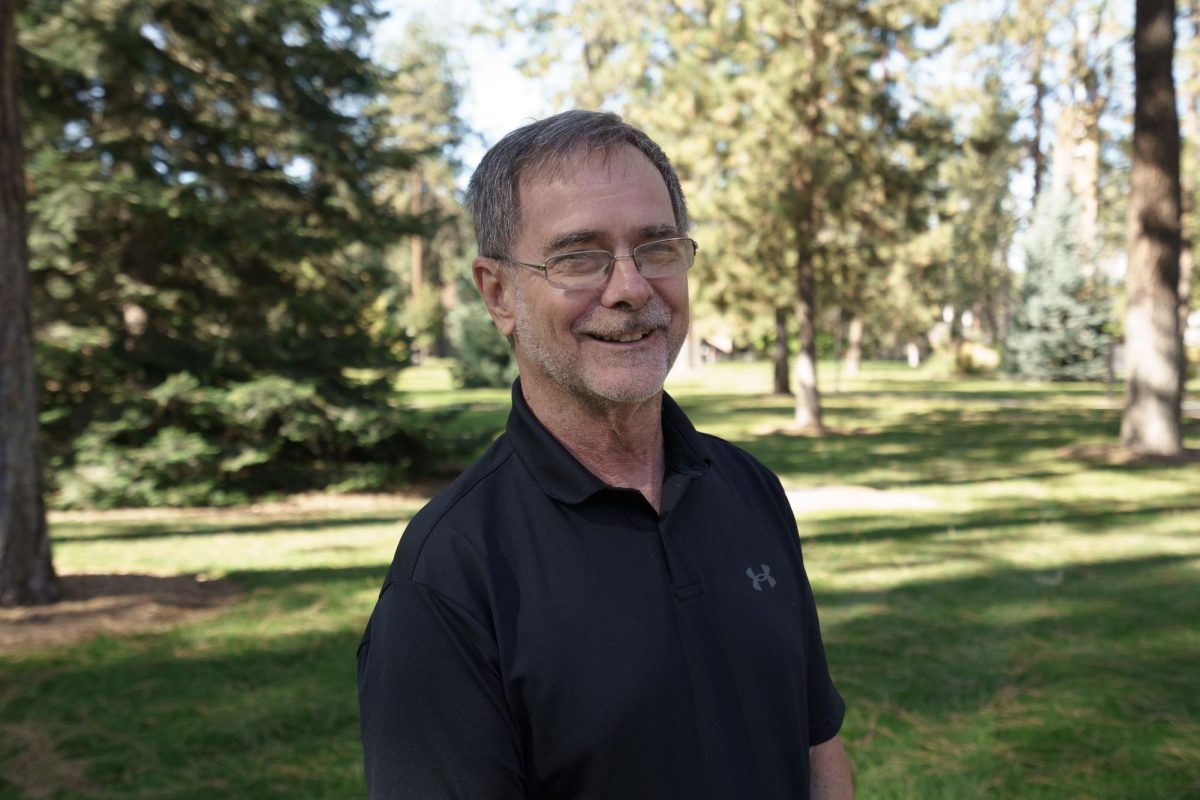With the changing of the seasons and temperature comes the changing of moods, and seasonal depression. Seasonal depression is defined as, “A condition in which a person feels sad and tired during late autumn and winter when there is not much light from the sun” (Oxford English Dictionary). Luckily for Whitworth students, Whitworth offers plenty of resources for those struggling to get out of the seasonal depression ditch.
The Whitworth counseling center has many resources for students, including one-on-one counseling, pet therapy once a month, and light therapy. What is light therapy, you may ask? The counseling office checks out lamps that emit light that has similar UV rays that we get from the sun. Molly DeWalt, the director and a counselor at the counseling center said, “If you do it consistently, its similar to taking a vitamin D tablet.”
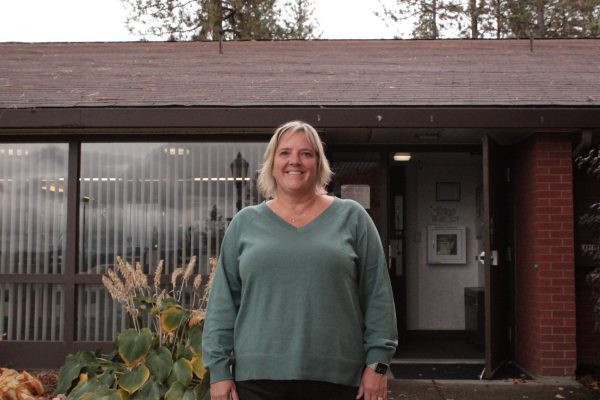
DeWalt also believes that spending time outdoors can help students overcome the emotions of seasonal depression and anxiety. “Stay active, It’s really important to stay active, even on those cold dark days, and even if it’s dark and cloudy those UV rays can come through the clouds,” she said.
Ryann Bunch, an RA in Ballard Hall, also emphasized the value of getting outside during the colder months. “Reconnecting with nature and zoning out. Also taking a little break from our devices and exploring,” said Bunch. For students who are looking to stay active and moving during the fall and winter months, the U-REC is a great place to do so and has many opportunities to get out and explore or even just to stay active on campus.
Maybe you are someone who doesn’t experience seasonal depression at all, but you still have people in your life who probably experience it a little. There are still many ways to provide support for them. “The biggest thing is to listen and to provide support. If they are concerned about their safety, there’s a 24/7 Mental Health Access line that they can have their friend call to talk to a counselor at any time, day or night,” said DeWalt.
If you or anyone you know is in need of help don’t hesitate to call for help. The 24/7 Mental Health Access lines number is 509.777.3259.

